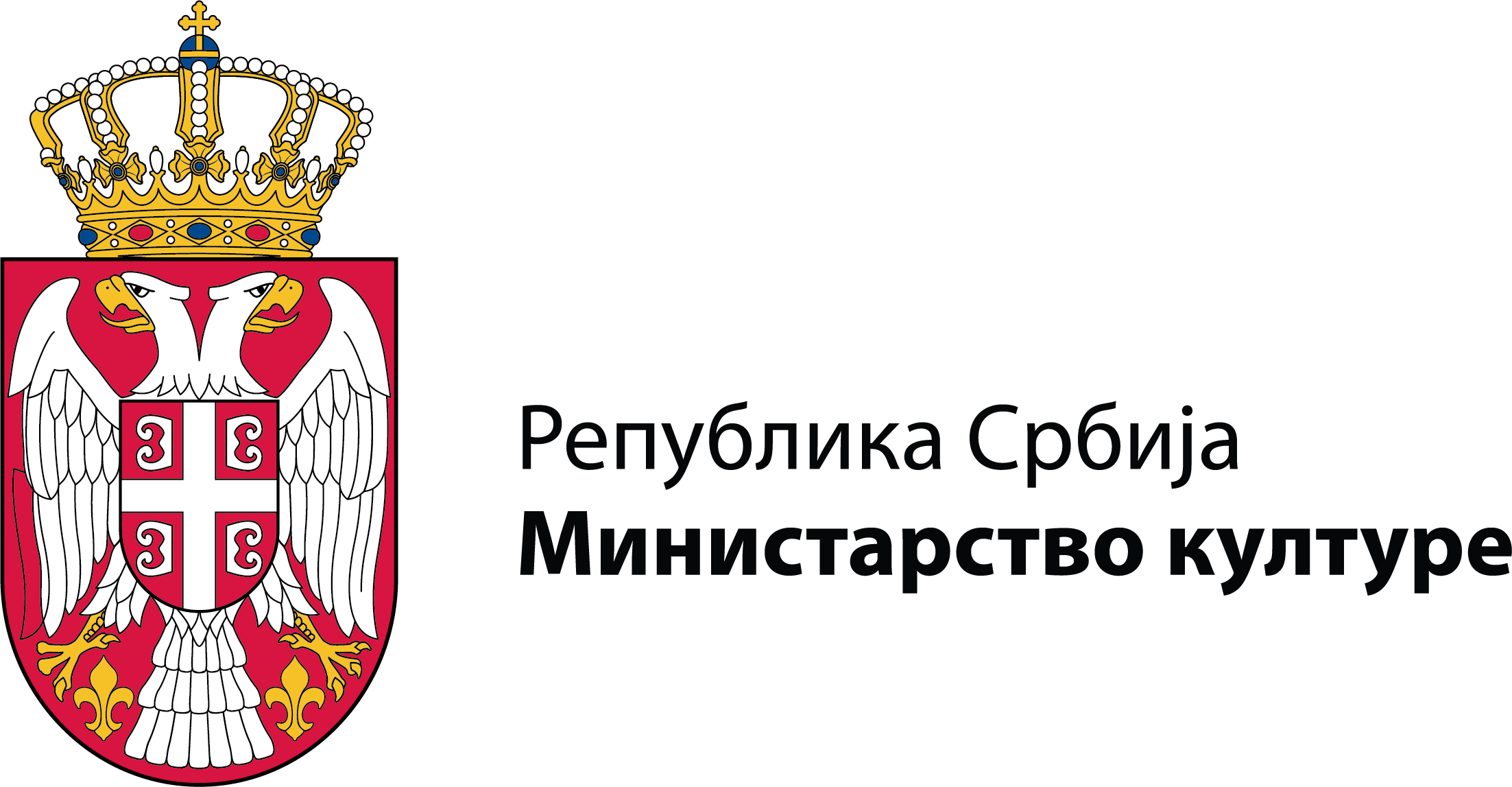The guests were welcomed by the Director of the Ethnographic Museum, Marko Krstić, who emphasized the importance of safeguarding traditional crafts and the role of women in passing down traditions.
“The potters of Zlakusa preserve authentic knowledge that represents an invaluable part of our cultural identity. Your dedication, effort, and ability to present this ancient craft to contemporary generations confirm that tradition can live and evolve. We are the only ones in Europe who continue to nurture this particular form of pottery-making, which makes our responsibility even greater. The Ethnographic Museum will do everything in its power to promote this unique craft and ensure its continuity, while also supporting projects that connect the community and promote intangible heritage as living heritage,” said Krstić.
The Director also announced that the Ethnographic Museum will continue its cooperation with the Zlakušanke association and that a potter’s wheel will be installed within the museum, allowing visitors to experience the craft firsthand and engage with Zlakusa pottery as living cultural heritage.
Representatives of the Zlakušanke association, in conversation with the museum director, emphasized the significance of this anniversary, the role of women in preserving the craft, and their future plans.
Radina Nikitović, president of the association, expressed her gratitude for the support and noted that the association was founded in 2013 with the goal of preserving the tradition of Zlakusa pottery.
“We also want to show that women can equally engage in this craft. In the beginning, there were only a few of us enthusiasts, and today we are a group of women who work, learn, and create unique clay objects together. Pottery is part of our heritage but also our everyday life—each vessel we make carries the imprint of Zlakusa. Alongside production, we strive to pass on this knowledge to younger generations through workshops, exhibitions, and cooperation with schools,” said Nikitović, adding, “We are proud to preserve a piece of Serbian cultural heritage and that the name of Zlakusa is now recognized not only in Serbia but also around the world.”
The members of the Zlakušanke association were guided through the exhibition Ceramics: Mark by Jelena Tucaković, the exhibition’s author and senior curator of the Ethnographic Museum.
Today’s gathering once again confirmed that Zlakusa pottery represents a living heritage that connects community, tradition, and contemporary creativity—supported by institutions and the enthusiasm of the craft’s keepers.

